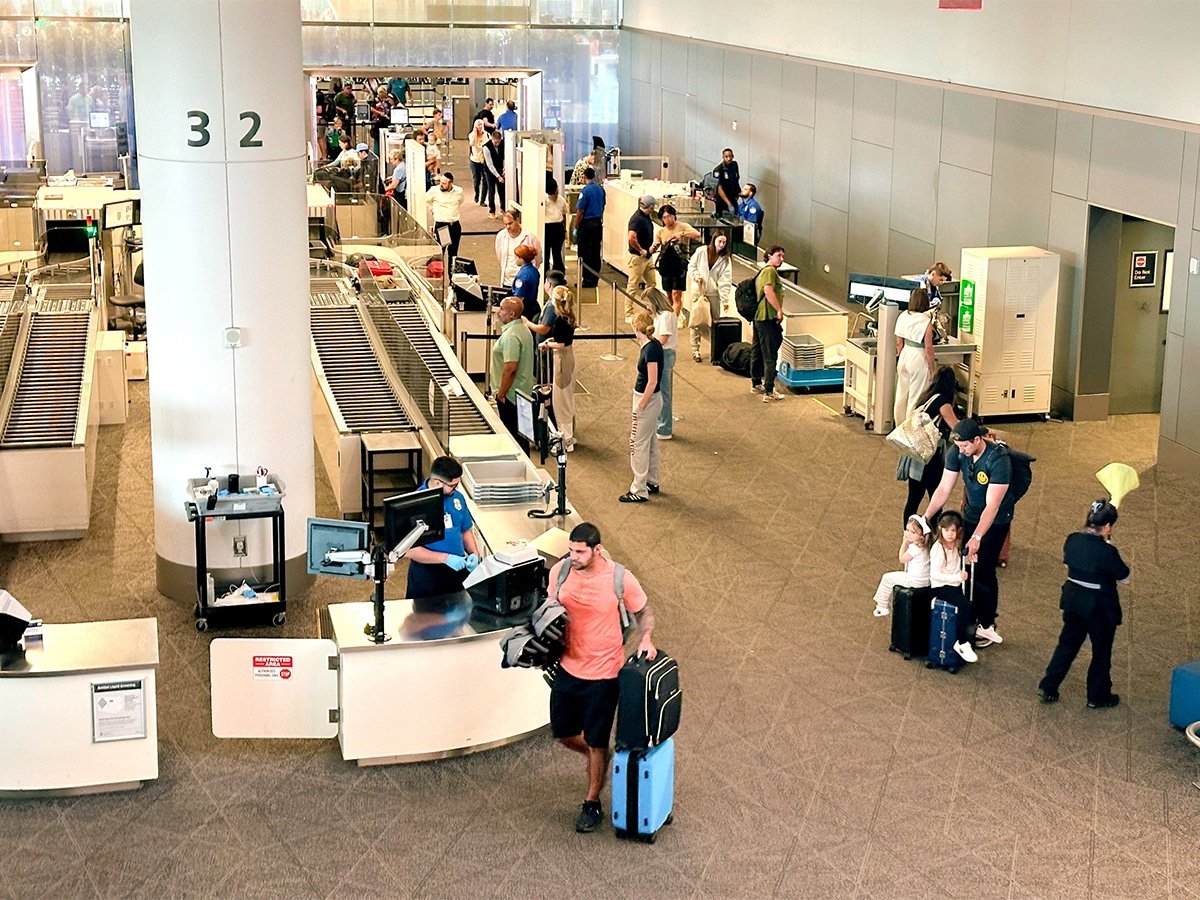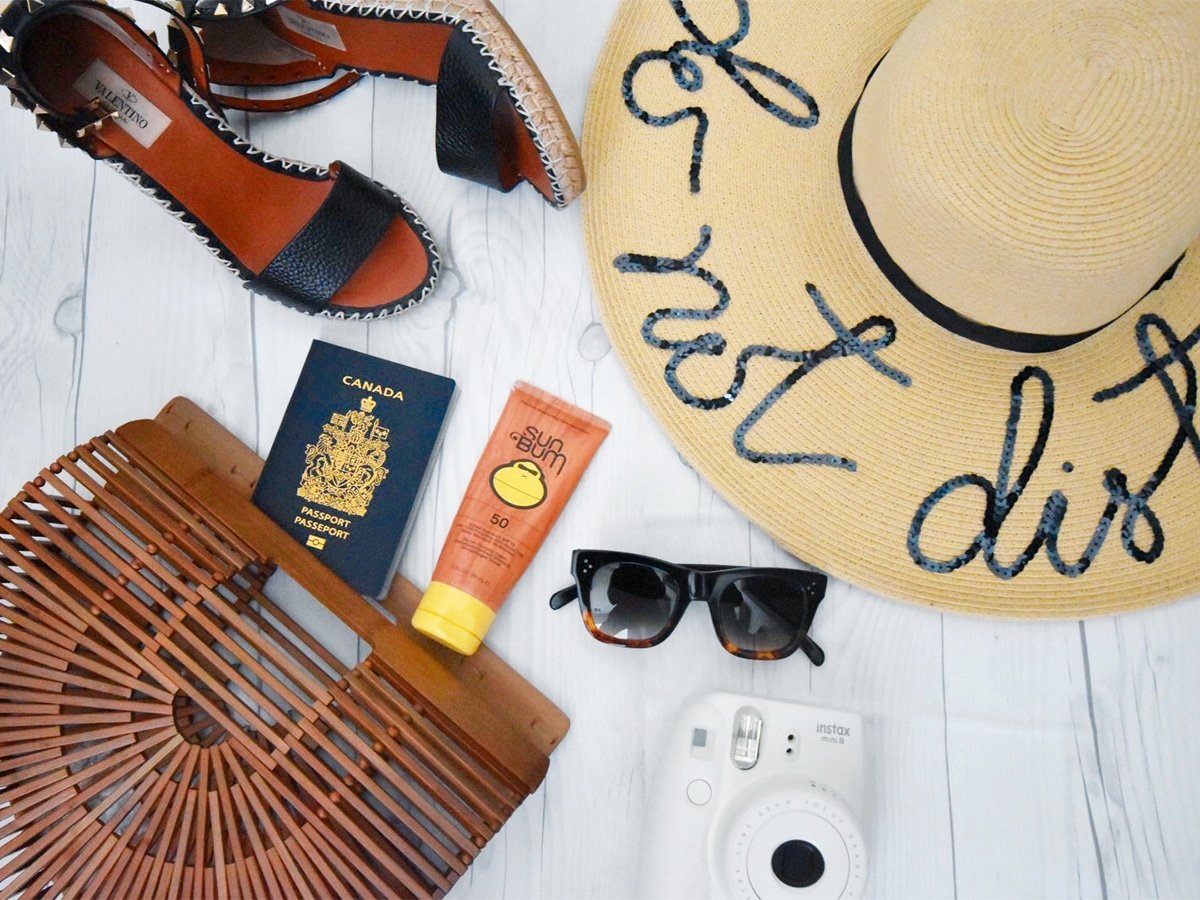Booking a dream vacation online is easier than ever but unfortunately, so is getting scammed. And as millions of Americans prepare for their much-anticipated summer vacations, cybercriminals are preparing to take advantage of them.
 According to McAfee’s 2025 Safer Summer Travel Study, one in five Americans has already fallen victim to a travel scam while booking a trip, a number that highlights just how common and costly these schemes have become.
According to McAfee’s 2025 Safer Summer Travel Study, one in five Americans has already fallen victim to a travel scam while booking a trip, a number that highlights just how common and costly these schemes have become.
“Travel scams come in all shapes and sizes, and they often take advantage of peoples’ eagerness to book a great trip at a great price,” says Abhishek Karnik, Head of Threat Research at McAfee.
From Clicks to Costly Mistakes
Today’s online scams are more convincing than ever. According to Karnik, many start with fake booking websites designed to mimic trusted travel brands. These look-alike pages use stolen images and logos to promote tempting offers but instead steal personal and financial information.
Other tactics include phishing emails disguised as travel confirmations or updates from airlines and hotels, directing victims to malicious links. McAfee’s study found that 65% of Americans say they research travel scams before booking, yet one in five still falls for traps like fake payment sites, manipulated photos or malicious confirmation links.
A newer, more insidious scam is known as “ClickFix.” This technique baits users with an unbelievable travel deal and then redirects them to a fake captcha page. “That simple action can quietly trigger a malware download in the background,” Karnik warns.
Major Events, Major Risks
With 30% of Americans planning to attend a major sporting event this summer, the risk of ticket-related fraud is especially high. Nearly 60% of travelers express concern about falling for a ticket scam or other type of online fraud … and for good reason.
“Scammers are also setting up fake booking sites that look just like Airbnb or Booking.com, complete with stolen photos from real listings,” Karnik explains.
Travelers eager to lock in event tickets, accommodations or packages may overlook warning signs in the rush to score a deal. McAfee’s study found that 42% are bargain-hunting for hotels, 36% for flights and 35% for excursions, behaviors that open the door to fraud.
Young, Tech-Savvy and at Greater Risk
Contrary to popular belief, it’s not seniors who are falling for travel scams most often, it’s younger adults. While older adults may stick to familiar websites and avoid risky clicks, younger travelers are more immersed in digital content and deals and that increases exposure.
“Younger adults may be more tech-savvy, but that also means they’re exposed to more content online, including scam tactics that can be harder to spot in the moment,” says Karnik.
Consider this:
* 21% of Americans aged 18–24 have clicked on a malicious confirmation link
* 10% of 25–34-year-olds were fooled by manipulated travel photos — the highest rate of any age group
* 34% of 18–24-year-olds and 40% of 25–34-year-olds reported losing money in a travel scam
When these scams hit, the losses aren’t small. Of those who fell victim:
* 23% lost money
* 13% lost more than $500
* 5% lost over $1,000
“This isn’t a fringe issue, but something affecting millions,” Karnik notes.
How to Protect Yourself from Travel Scams
The good news: avoiding travel scams is possible but it takes vigilance.
“The best thing travelers can do is slow down and stay skeptical, particularly when a deal looks too good to be true,” advises Karnik. So what can you do to avoid falling victim to online travel booking scams?
When browsing for deals or making travel plans online, it’s important to stay alert to common scams. Avoid clicking on deals from emails or social media posts; it’s safer to visit the brand’s official website directly.
Always double-check the website URL, as scammers often create fake sites with slight misspellings to trick users.
When booking hotels or rentals, cross-reference listings across multiple trusted platforms to verify their legitimacy.
Be cautious with payment methods; never send money via cryptocurrency, wire transfers, or gift cards, as reputable businesses typically don’t use these.
Using security tools that can flag suspicious links, emails, or videos before you interact with them can also help you avoid falling victim to online fraud.
“With nearly 40% of Americans saying they feel less secure online while traveling, having the AI-powered tech to help you spot scams early can make all the difference – especially on your mobile phone,” Karnik adds.
Don’t Let Scams Derail Your Vacation
With many Americans cutting back in other areas just to make a vacation happen, the pressure to save on travel is real. But that drive to find a bargain can sometimes cloud good judgment.
“The promise of an amazing-sounding offer can cloud judgment, especially when we’re tired, distracted or caught up in the excitement of planning,” says Karnik.
By staying alert and using security tools designed for digital travelers, you can sidestep the scams and keep your focus where it belongs: on making memories.
“It’s not just about protecting your devices; it’s about protecting your peace of mind so you can focus on making memories, not recovering from a scam,” Karnik concludes.
As you prepare to travel this summer, take a moment to verify the deal, double-check the source and protect your devices. Online travel booking scams are on the rise, but with awareness, caution and the right tools, your dream vacation doesn’t have to become a digital disaster.
KEEP READING:
–Is Your Hotel Scamming You?
–Don’t Fall For It: Scammers are Pretending to Be Customs and Border Protection Agents
–Cybersecurity and Fraud Expert Shares Tips on How Not to Get Scammed When Traveling
–How to Avoid Vacation Rental Scams
–Don’t Fall For These QR Code Scams
Want more travel news, tips and deals? Sign up to Johnny Jet’s free newsletter and check out these popular posts: The Travel Gadget Flight Attendants Never Leave Home Without and 12 Ways to Save Money on Baggage Fees. Follow Johnny Jet on MSN, Facebook, Instagram, Pinterest, and YouTube for all of my travel posts.



